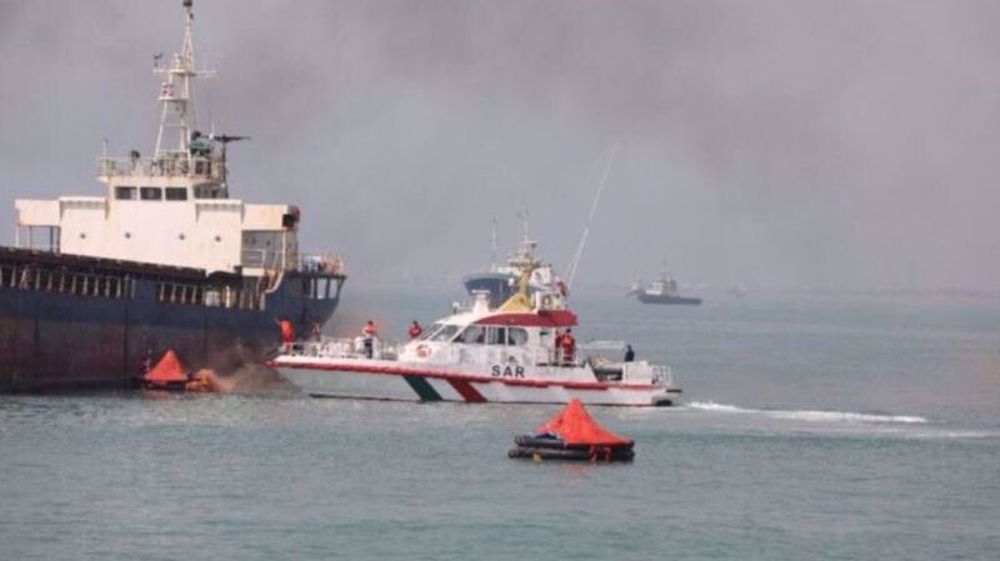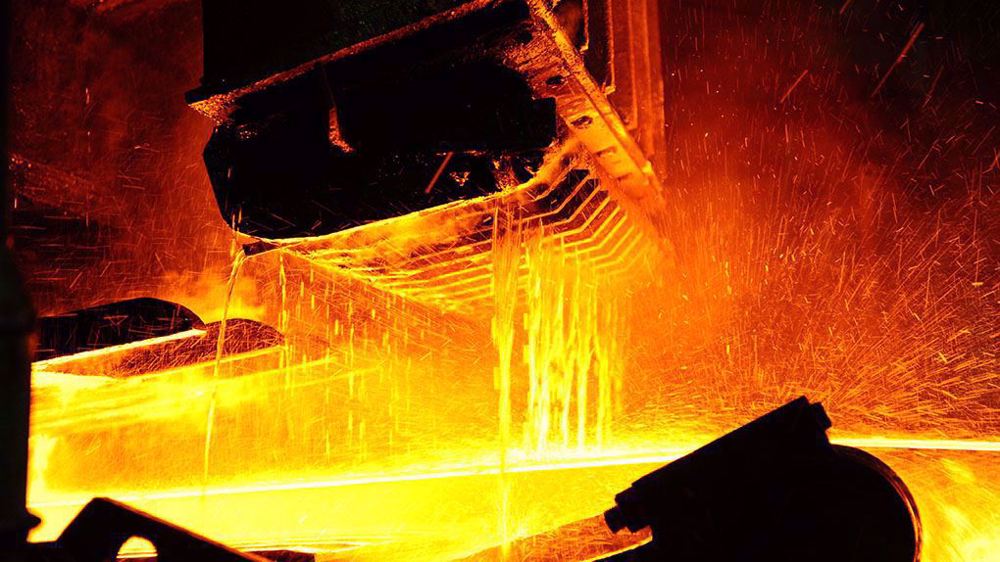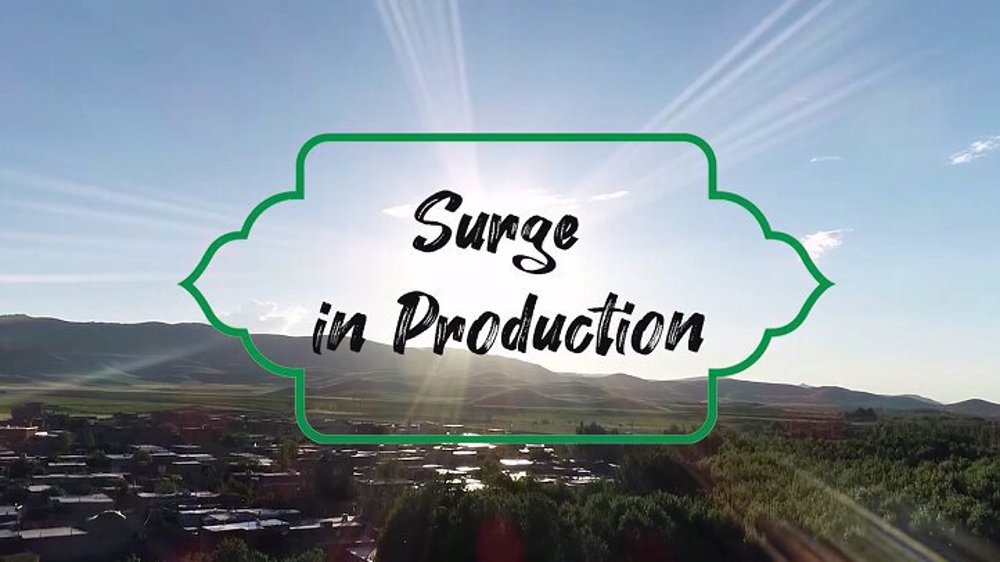IMF: Iran accord to lift Mideast economy
The International Monetary Fund (IMF) says the Middle East and North Africa are set to benefit from Iran’s nuclear agreement, lifting economic growth in the region next year.
In its biannual World Economic Outlook, the IMF said growth will “pick up substantially in 2016, supported by accelerated activity in the Islamic Republic of Iran” which is the Middle East’s second largest economy.
The lifting of sanctions on Tehran would allow Iran to boost oil production and exports, leading to “a gradual improvement in the outlook for countries severely affected by conflicts such as Iraq, Libya and Yemen”, it added.
"Without sanctions, the Islamic Republic of Iran is expected to increase its capacity to 500,000 to 800,000 barrels a day within two years," IMF said.
Iran’s energy officials say the country will be able to ramp up oil production by 1 million barrels per day within six months after the removal of the sanctions.

Low oil prices and raging conflicts in Iraq, Syria, Yemen and Libya have darkened the outlook for this year. The IMF sees regional growth slowing to 2.3% this year from 2.6% in 2014 because of low oil prices before rebounding to 3.8% in 2016.
"Spillovers from regional conflicts and intensified security and social tensions are weighing on confidence and holding back higher growth," the IMF said.
Meanwhile, Iran's economy is seen growing only 0.8% this year but expanding 4.4% in 2016.
Martin Cerisola, the assistant director of the IMF's Middle East and Central Asia Department, urged the Iranian government to make structural reforms to economic and fiscal policies.
In a statement following a visit to Iran, Cerisola said it is essential for the government to withdraw subsidies, reduce public-sector debt and pursue a prudent monetary policy.
"The agreement on Iran's nuclear program and the envisaged lifting of economic sanctions bring a unique opportunity to build on and broaden the achievements of the past two years," he said.

Under President Hassan Rouhani, who took office in 2013, Iran’s inflation has fallen to an annual rate of around 15%, and the rial has stabilized against major global currencies.
The country, however, is grappling with a nagging stagflation amid the government’s efforts to control the money flow.
In a recent letter to President Rouhani, four Iranian government ministers warned of a possible economic crisis.
"If urgent action is not taken, stagnation could turn into crisis," the ministers of economy, industry, labor and defense said in their letter.
The government is struggling with a capital crunch because of declining oil revenues. Its focus on lowering inflation has led to an economic recession which is worsening by falling consumer spending.
The July nuclear agreement has raised anticipation that commodity prices would fall with the influx of foreign brands. As a result, domestic manufacturers are facing a slowdown.

"Unfortunately some people thought prices would fall suddenly after the nuclear deal, and because of this the market is facing a recession," Vice President Eshaq Jahangiri said this month.
The government, however, is determined to protect domestic manufacturers and boost growth, with President Rouhani warning foreign companies not to look at Iran solely as an export market.
"If foreign companies or countries think they can take control of a market of 80 million people, they are mistaken, and we must not allow it," he has said.
Israeli occupation of Palestine ‘main cause of instability’ in region: Turkish FM
VIDEO | Columbia students camp on university grounds in support of Palestinians
VIDEO | Muslim unity and Palestine
UN Security Council's inaction prompted Iran to attack Israel: FM
Know their names: Palestinian athletes, scouts, coaches killed by Israel in Gaza
'It was not a strike': Iran FM dismisses Israeli weapons as 'children toys'
The struggles of Occupied Palestine
Saadi Day: Ayatollah Khamenei exalts great Persian poet










 This makes it easy to access the Press TV website
This makes it easy to access the Press TV website